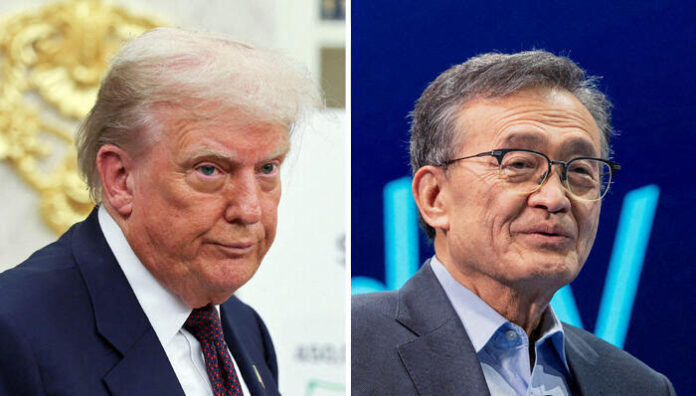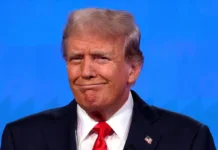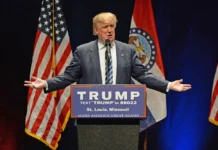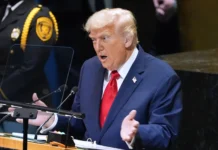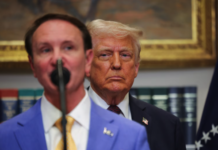U.S. President Donald Trump on Thursday called for the immediate resignation of Intel CEO Lip-Bu Tan, accusing him of being “highly conflicted” due to extensive financial ties to Chinese firms some reportedly linked to the Chinese military.
The unusually forceful public demand from a sitting president sent shockwaves through markets and reignited fierce debate over national security, foreign influence, and the future of American tech leadership.
Intel shares dropped nearly 3% in morning trading following Trump’s post on Truth Social, in which he declared, “The CEO of INTEL is highly CONFLICTED and must resign, immediately. There is no other solution to this problem.”
Trump’s call came just 24 hours after Reuters reported that Republican Senator Tom Cotton had raised similar concerns in a letter to Intel’s board, citing national security risks and a recent criminal case involving Tan’s former company, Cadence Design.
That firm last month agreed to plead guilty and pay over $140 million for selling chip design software to a Chinese military university involved in nuclear weapons simulations.
At the center of the controversy is Reuters’ April exposé detailing Tan’s investments of over $200 million into hundreds of Chinese advanced manufacturing and semiconductor firms some of which reportedly supply the People’s Liberation Army.
Tan, a Malaysian-born Chinese American, has denied wrongdoing. Intel has also maintained that it and its CEO are fully committed to U.S. national security.
Still, the optics have become politically untenable. Trump’s public rebuke comes as Intel struggles to regain its position as a global semiconductor leader. After receiving $8 billion under the CHIPS Act, the company has fallen short on key manufacturing promises and delayed flagship projects, including a factory in Ohio.
With Tan at the helm since March, Intel has abandoned its previous roadmap, slashed jobs, and paused global expansions. His leadership — once viewed as a fresh start — is now mired in geopolitical controversy.
Wall Street remains divided. Some investors see Trump’s intervention as presidential overreach, while others view it as a legitimate national security concern. Either way, pressure is mounting — and Tan’s position may become increasingly difficult to defend.









